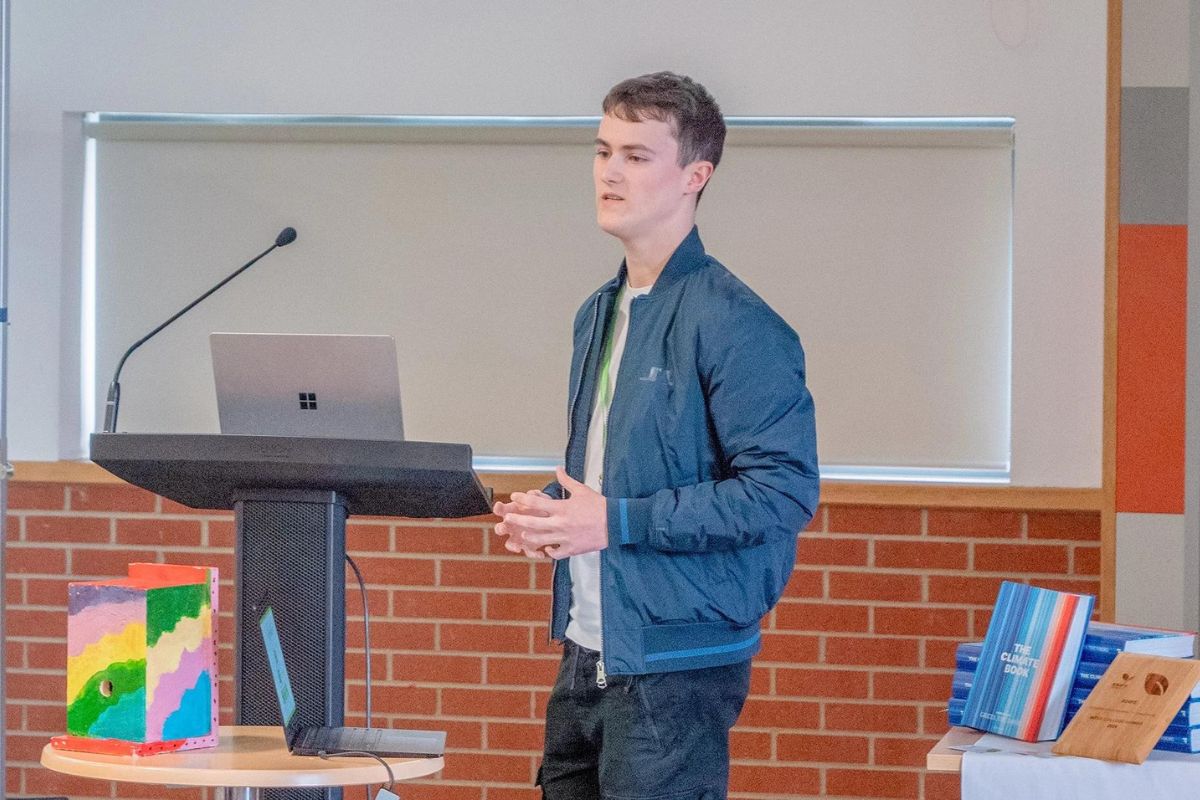Exams Results Time: Options and Opportunities

This article reflects on exam results time and provides an overview of options and opportunities. With the unprecedented challenges caused by the disruption of Covid, growth in the 18-year-old population, a cost-of-living crisis and intermittent strike action, students find themselves facing a unique set of circumstances.
As the exam results season beckons, students eagerly await their fate. The release of exam results marks a crucial juncture in the lives of young people, determining their next steps and future prospects. Parents’ reactions to exam result day can vary widely, ranging from nonchalance to profound anxiety. The stark contrast in their response reflects the diverse ways in which parents perceive and approach the significance of their children’s academic outcomes. In June 2023, Ucas warned that more disadvantaged students could miss out on university offers by 2030 due to increased competition for places.
Traditional Academic Routes and Alternative Options
This year amid unprecedented challenges caused by the disruption of Covid, growth in the 18-year-old population, a cost-of-living crisis and intermittent strike action, students find themselves facing a unique set of circumstances. The options and opportunities available to them during this crucial and competitive time can impact significantly on their future prospects, career development and well-being. Let’s consider the various pathways that await students as they navigate the post-exam phase.
Traditional Academic Routes: For some students the conventional academic route may be a preferred option. Scoring well in A levels or T levels opens doors to a wide range of higher education institutions across the country. As the competitive landscape becomes tougher with each passing year, universities can call the shots on who they will accept or reject. However, with increased competition, students should be aware of alternative options, including Clearing and Adjustment. Clearing allows for students to find available HE courses that still have places and Adjustment permits high achievers to explore better course options if they exceed their predicted grades.
Vocational and Technical Education:
The growth in higher-degree apprenticeships should not be overlooked in both higher and further education settings. Universities UK has endorsed degree apprenticeships as a “success story” and released a ten-point plan for the government to support their growth. Many students find vocational and technical education (at all levels) better suited to their learning styles and needs e.g. courses that offer hands-on experience, practical skills, and direct pathways to specific industries. Earning whilst learning for some is essential – not simply an optional choice. A school leaver programme is a scheme run by large employers for school students, normally in Year 13, who have the qualifications to go to university, but would rather enter into the world of employment. Traineeships and apprenticeships serve similar yet distinct purposes. Traineeships for 16 — 23-year-olds, and young people with learning difficulty assessments up to age 25, focus more on developing general employability skills, whereas apprenticeships are job specific.
Gap year and personal development:
In the aftermath of the pandemic, some students might feel they want to spread their wings and seek opportunities for personal growth and development – or simply find opportunities to find out what they truly love doing. Engaging in volunteer work, side hustles, paid internships, or travel experiences can broaden perspectives and enhance valuable life skills. Many students who opt for a gap year often return to their studies with renewed focus and clarity about their career goals.
Entrepreneurship and Start-Ups:
The rapidly evolving business landscape has sparked the interest of many budding entrepreneurs. For some students, the exam results period acts as a catalyst to pursue their passion and set up their own business. If you’re aged 18 to 30, you can apply for the Prince’s Trust Enterprise programme. They offer funding from £1,000 to £5,000. There are also government-backed schemes offering financial help. Some of these schemes are open to 18-year-olds, but not all. The rising cost of accommodation, course materials, and daily expenses have put a strain on students’ financial resources.
Reassessing next steps and career aspirations:
We are all human and sometimes feel uncertain, change our minds or simply get stuck in trying to decide next steps. Schools, colleges and universities should prioritise mental health and wellbeing support during this period. This free practical toolkit may also be useful. Exam results can be incredibly stressful for students, as they grapple with anxiety and uncertainty about their future. Student support staff, professionally trained careers advisers and counsellors play a crucial role in assisting students in making informed decisions that reflect their true passions – the things they care about – and areas of interest. For some, changing career paths or considering unconventional fields may be a good option. A wicked question is ‘Where do students go for careers support’ in the post-exam results landscape? The national careers service is one option but not necessarily the first-place students turn to, given its general low profile. Locally visible careers support is needed.
Scholarships, grants and financial aid programmes:
These can widen access to education for those most in need. For 16 to 19 education, financial support for students is outlined here. The Ucas website also provides some additional insights. The DfE website sets out student finance for undergraduates. This support is vital to ensure a diverse range of individuals can seize opportunities, not just those with social capital. By offering financial aid, students from disadvantaged backgrounds can have a chance to realise their full potential, irrespective of their socioeconomic background or circumstance. Fostering inclusivity, diversity and equality will assist students to thrive and contribute meaningfully to their communities and society as a whole.
In the face of global and national challenges and an evolving job market, adaptability and resilience are becoming increasingly valuable attributes. Whichever pathway students choose, access to the support of educators, careers advisers, counsellors and mental health specialists (alongside family and friends) will be a crucial role in ensuring a positive and successful transition to the next phase of their lifelong learning journey.
In preparing this article, I was reminded of the scattergun approach of various bits of information hidden in various websites and Google searches. The advent of artificial intelligence (AI) and large language models will potentially do some good in making careers information, and advice with the option of a warm handover to a professionally trained human adviser more readily available to young people and adults. CiCi the careers chatbot, powered by AI and large language models, is one example of this, and no doubt in the future there will be more.
As we bear witness to the talents and potential of the next generation, it is incumbent on us all, especially those working in education, careers, health, and wellbeing settings, to create nurturing environments that empower young people (and adults) to realise their potential and make good use of their talents and skills. For students – remember – exam results time may bring both triumphs and setbacks, but it is in overcoming challenges that true resilience, happiness and character are forged.

She is also an Associate Professor at the University of Warwick, Institute for Employment Research (IER)
FE News on the go…
Welcome to FE News on the go, the podcast that delivers exclusive articles from the world of further education straight to your ears.
We are experimenting with Artificial Intelligence to make our exclusive articles even more accessible while also automating the process for our team of project managers.
In each episode, our thought leaders and sector influencers will delve into the most pressing issues facing the FE sector, offering their insights and analysis on the latest news, trends, and developments.












Responses